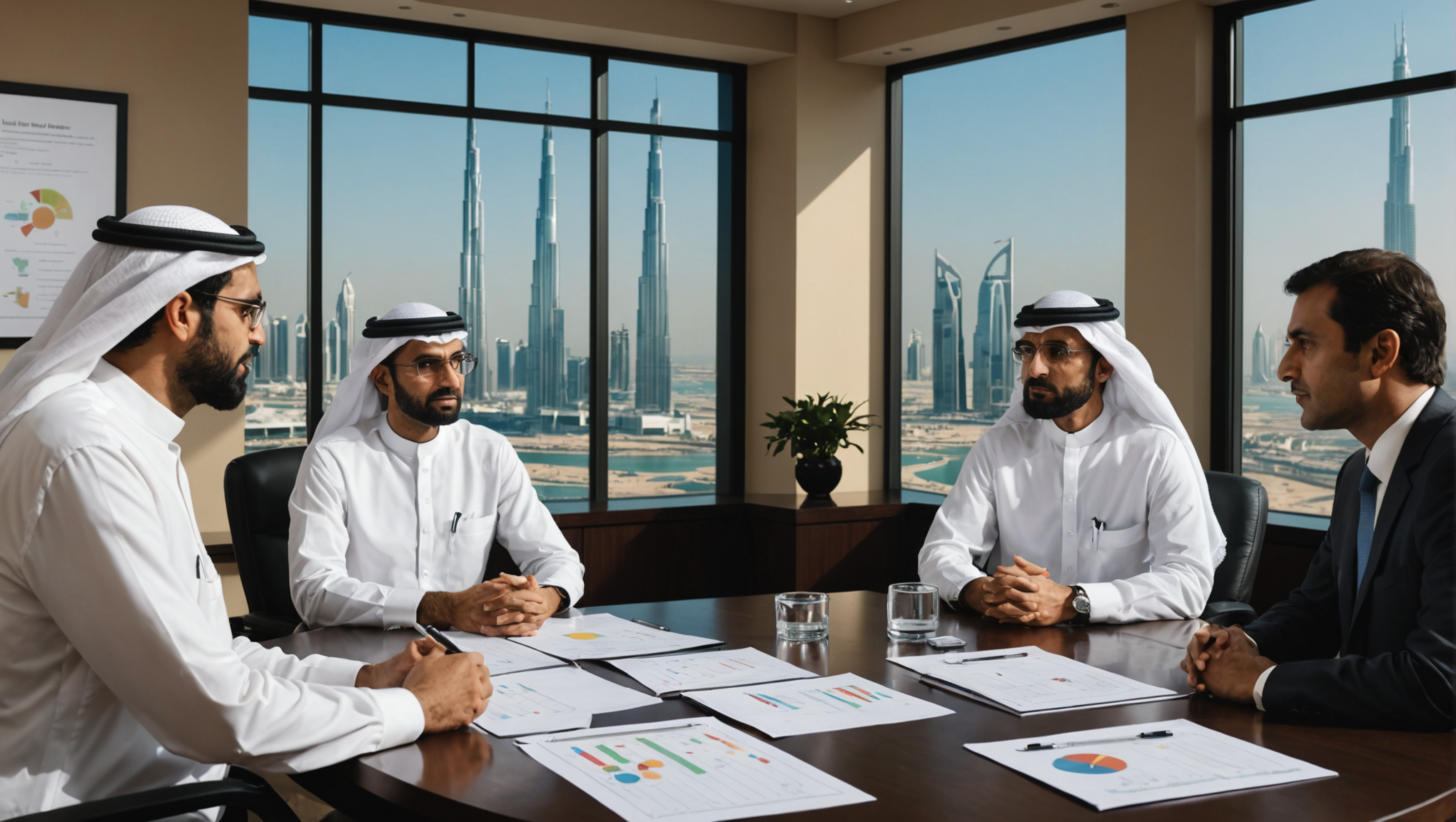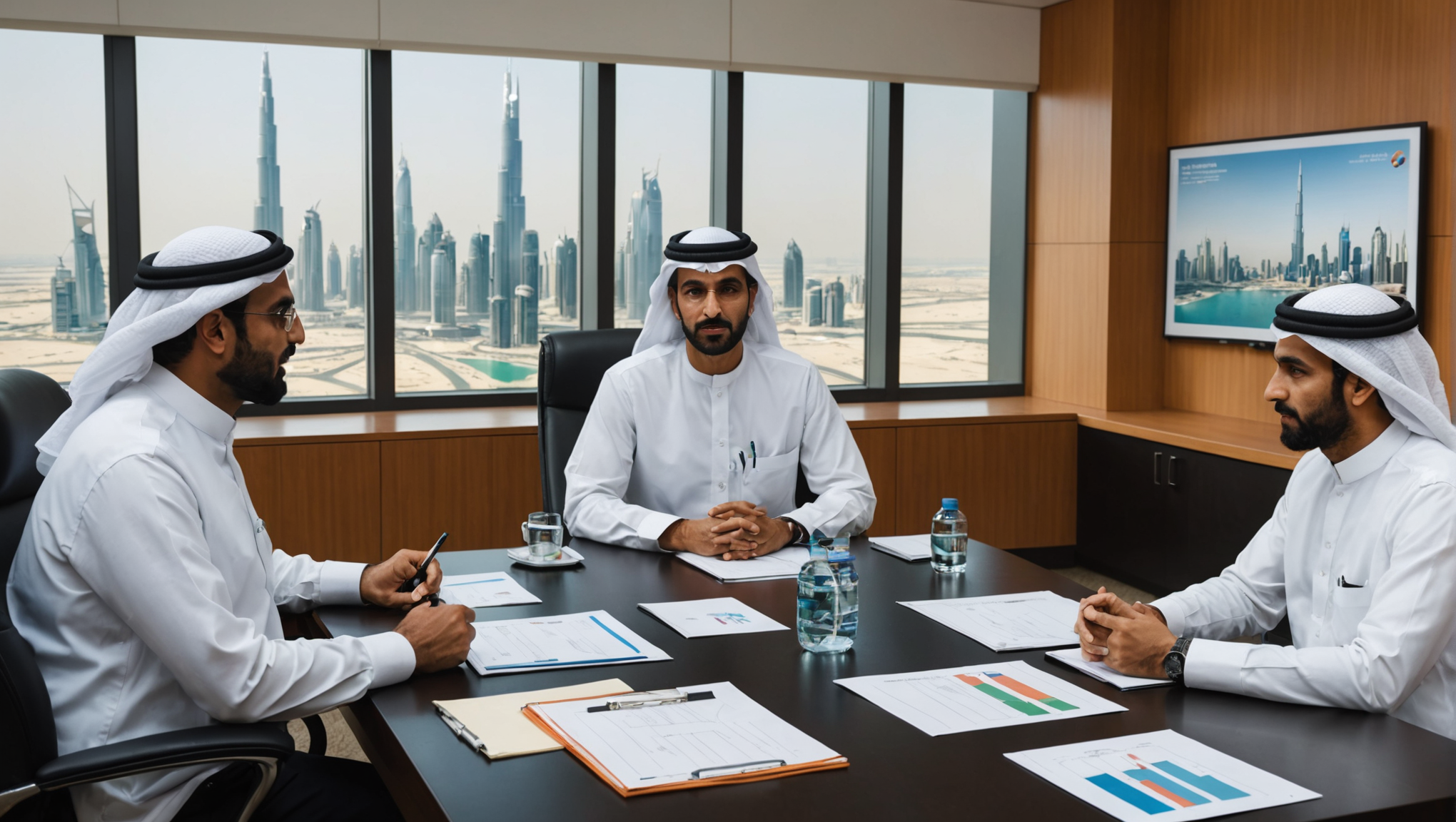Recent discussions between the United Arab Emirates and India highlight a growing problem: the increase in imports of precious metals. India, as the largest consumer of gold and silver jewelry, has expressed concerns over the surge in imports, prompting the UAE to consider solutions. This dialogue between the two nations marks a decisive step in maintaining the balance of their trade while meeting the needs of each country.
THE United Arab Emirates have recently expressed their willingness to examine the concerns of theIndia relating to the increase in imports of precious metals, notably silver alloys and of platinum. This consideration of Indian concerns is part of a reassessment of their trade agreement, scheduled for this week, aimed at optimizing economic relations between the two nations. Discussions also focus on the impact of these imports on the trade Indian, while bilateral trade is growing rapidly.

Table des matières
ToggleUAE commitments to Indian concerns
Recently, the UAE officially acknowledged India’s concerns over increasing imports of precious metals. This approach is part of a framework of reinforced cooperation between the two nations. Indeed, India, being a major player in the jewelry sector, finds itself in a position likely to be impacted by the growing influx of metal products from the Emirates.
Faced with this situation, the Emirates have marked out a path of dialogue, promising to examine the different concerns raised by the Indian government and adapt their trade policies. This new balance could therefore redefine relations commercial between these countries, making it possible to ensure more stable and sustainable management of their trade.
Impacts of decisions on precious metals trading
In this perspective, exchanges of precious metals between India and the Emirates are at the heart of the discussions. The continued influx of alloy imports frommoney and of platinum raises concerns about their effects on the local Indian market. Many economic players fear a glut, which could lead to a volatility excessive pricing and harm the Indian jewelry industry.
The strategic issues at stake for the two countries
Trade between India and the Emirates is of major strategic importance. By taking into account India’s concerns, the UAE is also strengthening its image in the international arena as a responsible partner. Furthermore, this initiative could promote a healthier business climate, thus stimulating a beneficial collaboration for both parties, despite the underlying economic issues linked to alloys and to products specific.
UAE and its commitment to India
The United Arab Emirates (UAE) recently reaffirmed its willingness to listen to India’s concerns over increasing imports of precious metals. This initiative underlines the crucial importance of economic relations between the two nations, which are strengthening over the years. Indeed, India, as the world’s largest consumer of gold, has raised alarms over the growing influx of silver metals and of platinum from the UAE. This phenomenon could potentially disrupt the markets local and affect the Indian jewelry industry, renowned for its exquisite designs.
Faced with these concerns, the Emirates authorities have agreed to carefully examine the situation. Dialogue between the two countries has been increasingly frequent, reflecting a common desire to find common ground. This collaboration aims to strike a balance that will protect both Indian and Emirati interests in a sector as vital as trade in precious metals.
Furthermore, these discussions are part of a broader framework of commercial relations, where the emphasis is placed on transparency and sustainability. Growth forecasts for India-UAE trade are optimistic, with projections reaching $100 billion by 2030. Import management of metals valuable is therefore essential to ensure economic cooperation harmonious, which will benefit both nations.
In short, this consideration of India’s concerns by the United Arab Emirates is a positive sign of an evolving partnership, and can lay the foundations for a future fruitful trade dynamic, respectful of the needs of each country.








